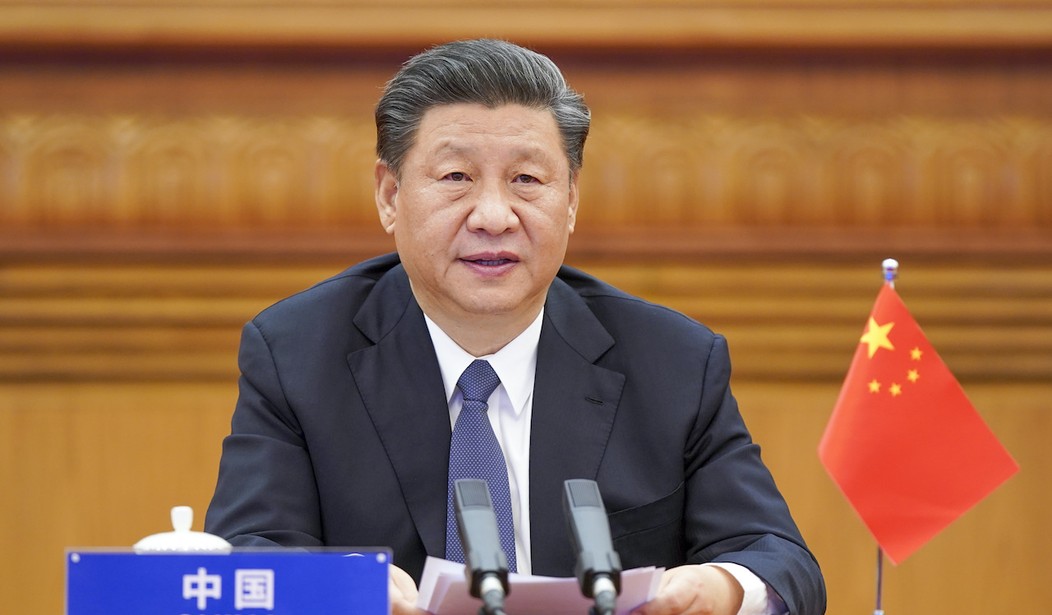The past few weeks have been hardly an easy time for Facebook.Frances Haugen’s leak, combined with a six-hour blackout last week, has reinforced some politicians’ desire to further regulate Facebook, or even completely break it up, as proposed by Alexandria Ocasio-Cortez. However, while the EU and U.S. are thinking long and hard about their next move against big tech, China has been taking over our digital space in the West slowly but consistently.
Following a report by an anonymous researcher, Hikvision, a Chinese surveillance company, is now facing scrutiny over a privacy breach in Europe. The high-tech cameras produced by Hikvision have been found to be vulnerable and carry risk of malicious code insertion or cyberattacks.
In the U.S., Hikvision was put on the sanctions list under President Trump in 2019. China’s appetite for data is hardly news, and as Europe is finally starting to open its eyes to its scope, it’s time for a shared action. To counteract growing Chinese influences, the EU and U.S. need a comprehensive transatlantic agreement on digital policies.
In January 2021, the European Commission presented the Digital Services Act (DSA) and Digital Markets Act (DMA). At first glance, both acts aim to curb innovation in the EU by keeping American tech giants at bay. Combined with antitrust investigations against Facebook and Amazon, the European Union’s behavior can be easily classified as hostile toward the U.S. However, both DSA and DMA are inept attempts to understand how online platforms work and seemingly fail to strike a balance between the need to safeguard the competition while allowing smaller enterprises to innovate.
To level the playing field for all platforms regardless of their size, the Digital Markets Act put in place a series of ex-ante restrictions to determine the acceptable market behavior for big players. DSA and DMA are not anti-American per se; it just happens that the U.S. tech sector is fertile ground for disruptive platform businesses, which makes them a prime target for EU authorities.
Recommended
Even U.S. lawmakers have been determined to clip the wings of big tech to encourage future digital innovation. Throughout the years, Facebook has had to fight several antitrust complaints to disprove the claims of its alleged monopoly in the social networking market. Last year, Amazon faced its first antitrust lawsuit, and Google has been flooded with these as well. Most of these proceedings are a knee-jerk reaction to the continuously growing market power of businesses that are fundamentally different from conventional supply chains and corporations that sell physical goods. The Internet has changed everything.
U.S. state and federal regulators and their European counterparts are equally puzzled about how best to address the sudden and continuous exponential growth of tech giants, services that have provided vast benefits to consumers. But in a quest to come up with a perfect piece of legislation to tame tech companies, both the EU and the U.S. have lost sight of the far-reaching hand of the Chinese Communist Party and its influence in the digital market and beyond.
TikTok is a well-known case of how one popular app with ties to China can threaten what we in the liberal democracies value most: freedom. A 2019 report released by The Guardian showed that TikTok was as much a social media platform for sharing videos as a strategically organized censorship and propaganda machine.
The app was found to not only have banned specific anti-Chinese government videos, but also promoted various Chinese organizations, ministries, schools, and universities founded outside China that pushed the Communist Party’s narrative. Huawei’s backdoor to mobile networks globally is another example of how technology is used by the Chinese government to undermine national security and privacy in liberal democracies.
The EU and the U.S. should stand up to China and its growing influence in all areas, but especially on the digital front. The potential extent of its surveillance powers in our countries is terrifying. According to a 2019 research by the Australian Strategic Policy Institute in Canberra, Global Tone Communications Technology Co. Ltd, supervised by China’s Central Propaganda Department, mines data in more than 65 languages from 200+ countries. Since the company is state-owned, the bulk data can be used by others who have access to it.
If left unconstrained, China’s playbook on controlling its citizens could spread to liberal democracies. The EU and the U.S. must work together to develop a common digital strategy to tackle the ever-expanding influence of the CCP.
It is more important that we protect our consumers from a spy country that has detained three million Uyghurs. As such, an EU-U.S. agreement on a digital strategy centered around a shared goal to stop China is paramount to preserving our freedoms.
Maria Chaplia is a visiting fellow at Independent Women’s Forum and the research manager at the Consumer Choice Center.
























Join the conversation as a VIP Member